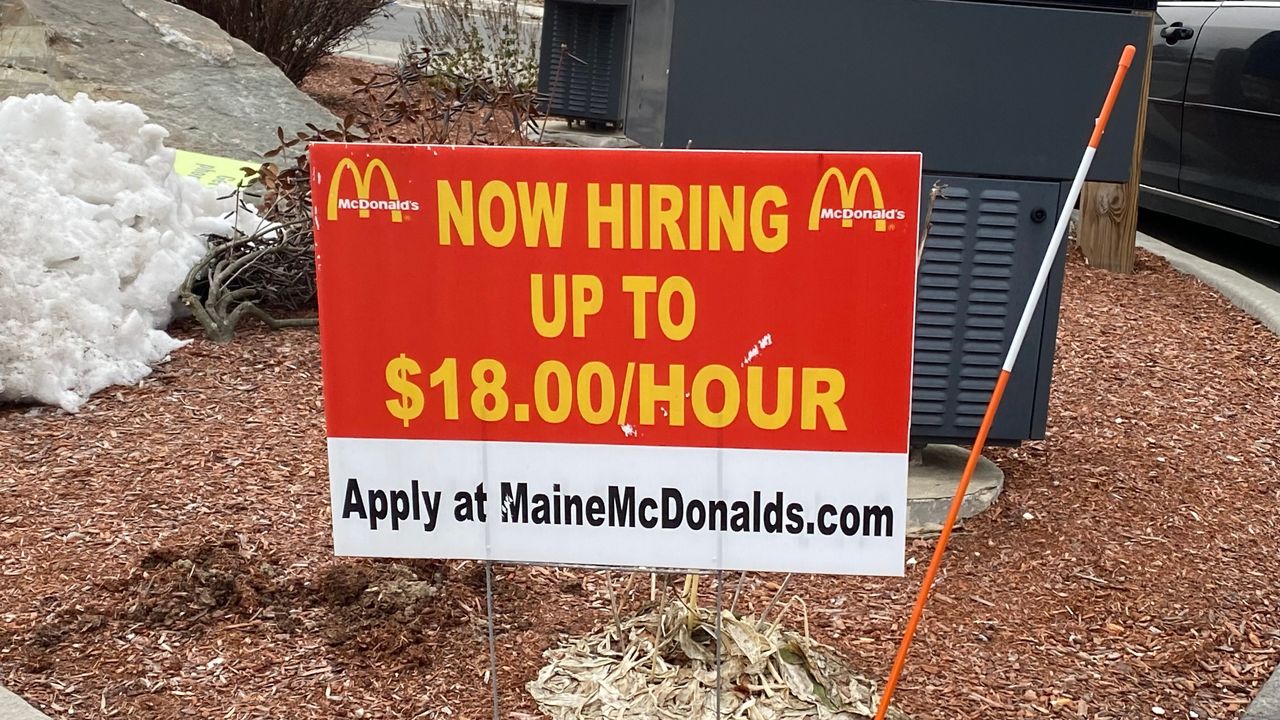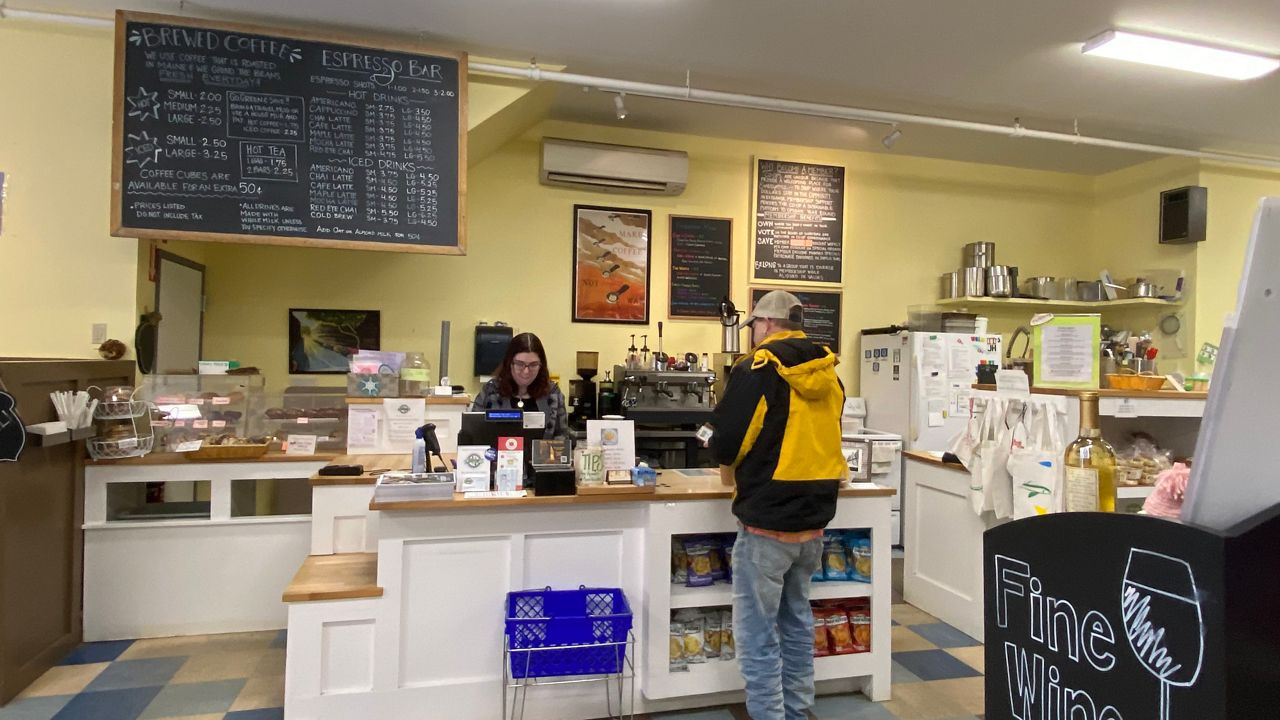When the minimum wage increases again Jan. 1, it will be difficult for the Gardiner Food Co-op and Café to absorb the cost.
But Board Chairman Doug Zogby is determined not to pass it along to members and customers.
“We’re not going to raise our prices as a result of that,” he said. “As much as I would like to raise prices to absorb the hit, we are already more expensive than Hannaford and the big box stores.”
Effective Sunday, the state minimum wage will increase from $12.75 to $13.80 per hour, an annual adjustment required by state law.
In 2021, about 79,000 Mainers earned between $12.15 — the minimum that year — and $14.99 per hour, the state’s best estimate of how many people make minimum wage or a bit above, according to the Maine Department of Labor.
With a tight labor market, many employers have been forced to offer higher than minimum wage to fill jobs. For example, the McDonald’s on Western Avenue in Augusta is advertising jobs that pay up to $18 an hour.
Raising the minimum wage also helps other workers because employers are likely to bump up the pay of other hourly employees to keep up, said James Myall, economic policy analyst at the Maine Center for Economic Policy.
And the 2016 Maine law that ties the increase to the cost of living helps those who are struggling to pay for gas, groceries and heating oil.
“When you are on minimum wage, often every penny counts,” he said. “They don’t have savings to absorb the increase in costs.”
The policy center also tracks a wide range of wages paid in Maine, from $14.16 per hour for child care workers to $21 per hour for leisure and hospitality employees.
Just last month, Portland voters overwhelmingly rejected an effort to raise the city’s minimum wage to $18 by 2025 and eliminate the tip credit wage.
Although that effort failed 61% to 39%, the city continues to set its own minimum wage, which will be $14 per hour in 2023, with a $7 tipped wage.
The only other municipality to set its own minimum wage is Rockland, which will also require businesses to pay $14 an hour in the new year.
Maine first began setting a standard minimum wage in 1959, when the rate was $1, according to the state labor department.
Fast-forward to 2016, when a citizen referendum that passed with 56% support tied annual minimum wage increases to the “cost of living index for the Northeast region.”
The rate has increased $2.80 since 2019, when it started at $11 for hourly workers and $6.50 for tipped employees.

Across the country, 23 states are raising their minimum wage in January, with four more states and Washington D.C. scheduled for increases later in the year, according to Businesses for a Fair Minimum Wage, a national network of business owners that advocates for fair wages.
Washington D.C. pays the best, with a $16.10 minimum wage that increases each year on July 1. It is followed by Washington state at $15.74, California at $15.50 and Massachusetts at $15.
Most states far exceed the federal minimum wage, which is $7.25 and hasn’t increased since 2009.
Businesses for a Fair Minimum Wage says it will continue to push for an increase in the federal minimum, which is still on the books in 12 states.
“Minimum wage increases are a great boost for the new year,” Holly Sklar, the group’s CEO, said in a statement. “These needed raises don’t stay in workers’ pockets. They energize communities, as workers and their families have more to spend at local businesses. Minimum wage raises also pay off in lower employee turnover, increased productivity and better customer service, which strengthens small business competitiveness.”
Back in Gardiner, Zogby said the co-op will consider instituting a tiered system of pricing in the new year to help address rising costs.
“We do support the minimum wage,” he said. “It hurts the books, but we’re supportive overall.”



